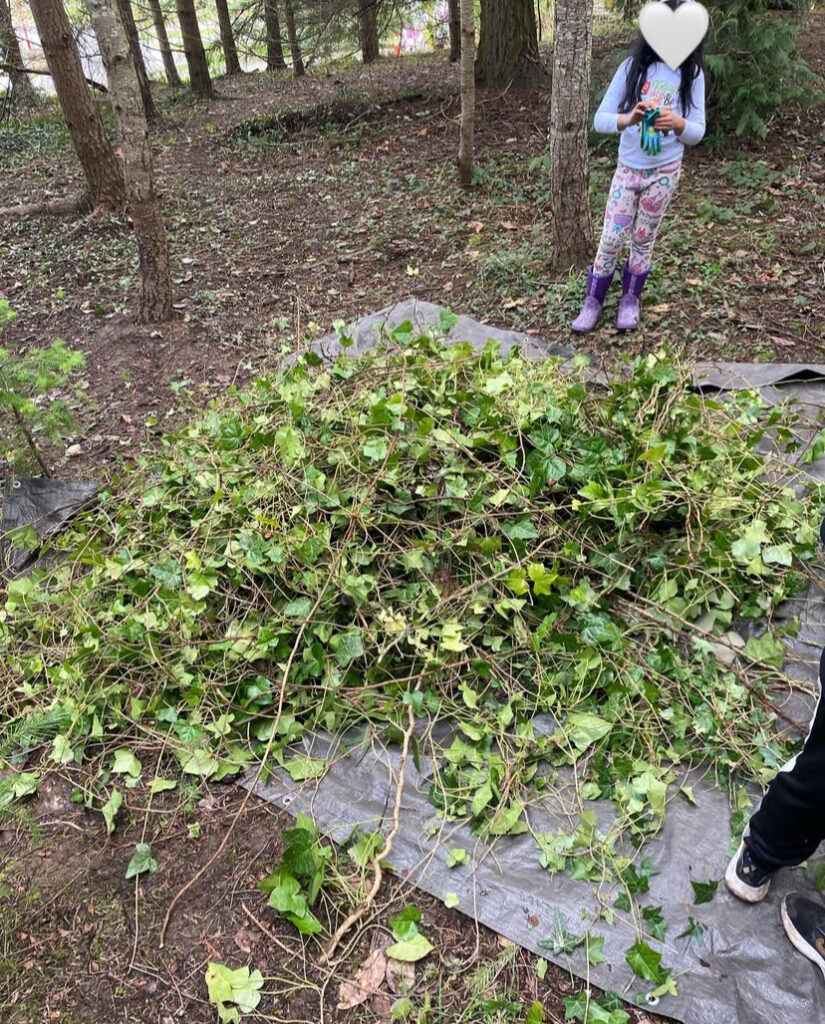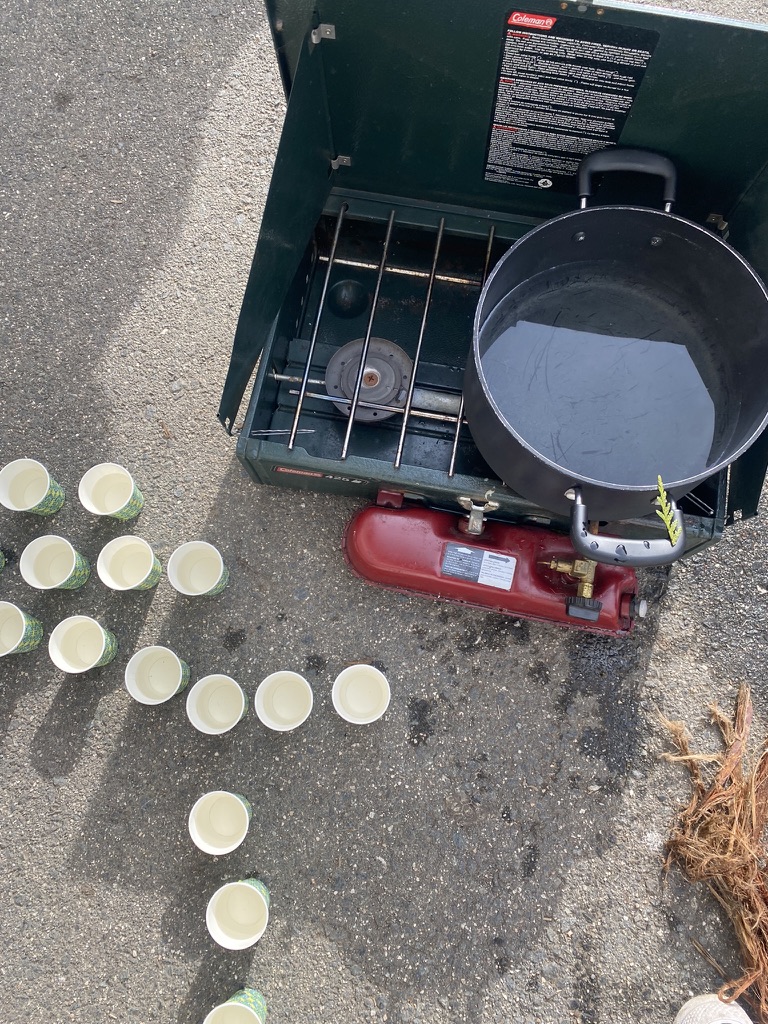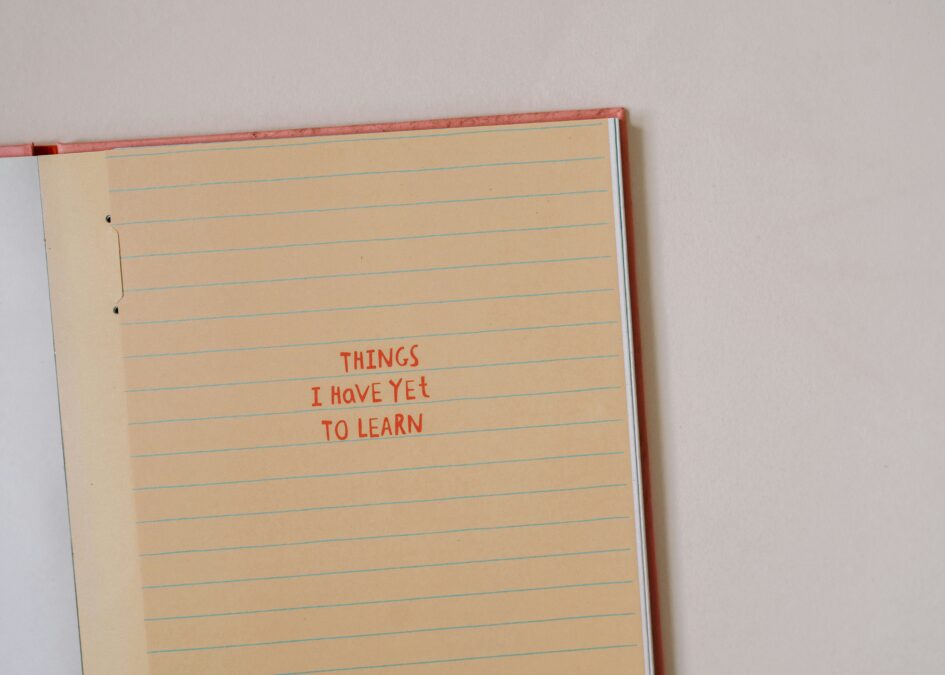Photo by Toa Heftiba on Unsplash
Welcome!

Hello EDCI 335, my name is Brynn. I am a recent elementary education grad but I am returning for my sixth year of university to gain more education and therefore move up the teacher salary scale. As mentioned in my “Welcome’ page on my main menu, I am from the Cowichan Valley and that land shaped me into who I am today. After graduating high school, I came to UVic as a biology major with the intention of making the planet a healthier place for all inhabitants. However, I always had a calling in the back of my mind to pursue teaching and I missed the joy that my nannying job from back home had brought me. Although, I felt like by pursuing this, I was letting down the planet and I truly wanted to make a difference, no matter how small. So, after a lot of thought, I switched degrees and decided that I would teach the next generation how to be stewards of the land and treat every living thing with compassion. If you’d like to learn more about me, please check out my ‘Welcome’ page on my main menu.
My Journey with Learning and What it Means to Me
Learning has always been fascinating to me. I spent most of high school and all of university as a nanny for children aged 0-10 and was amazed by how much a child learns in the early years of development. I also have always loved being a student and learning new things. I guess you wouldn’t be surprised to find out I ended up getting an education degree to not only learn about learning, but continue being a lifelong learner after my degree. Learning to me means a lot of different things because it’s never linear. It is always changing and it can always look and feel different based on the skill, topic, or even the time. If I had to generally define learning, I would say it is the ongoing and lifelong practice of receiving, processing/reshaping, applying, storing and retrieving information.
Learning as an Adult
As an adult, I bring my own prior knowledge, skills and life experiences into a learning environment. I understand that possessing them can make it harder for my brain to experience new knowledge, especially if it feels hardwired to believe or understand a certain way. I have felt this challenge not only in my brain, but in my chest, so many times throughout my five years at university. However, possessing prior knowledge, skills and life experiences has also made certain learning more accessible. I’m able to pull from this bank when building new synapses in my brain and strengthening my synaptic plasticity (Sorensen-Unruh, 2019). For example, all throughout my elementary education degree, I was able to think about learning experiences I had when I was in elementary school in order to build new knowledge. When learning about curriculum, I remember learning about certain content and what tools we used to do so. When learning about my rights as a teacher, I remember my teachers on strike. When learning about inefficient ways to teach certain skills, I remember trying to learn that way and how difficult it was. When learning about efficient ways to teach certain skills, I remember the ways that worked best for me. This list goes on and on, and this isn’t the only example of prior knowledge, past experience and skills being helpful as an adult learner. However, I am still working through the challenges of breaking or reshaping certain beliefs or understandings as an adult learner.
Learning Theories and Motivational Strategies
In the past, when thinking about successful learning experiences, all learning styles and theories (behaviourist, cognitivist, and constructivist) seem to have been present and working together. I can understand why providing a mix of theories and motivational strategies in my classroom ensures more chances of success for every student in my class. I think the learning theory that closely aligns with my own “learning style” is the constructivist theory. Similarly, the element of motivation in Keller’s ARCS model that seems to benefit me the most is relevance. Tangible, real-world application not only helps me understand better, but excites me, keeps me engaged, and keeps me motivated. I find that a lot of the educational experiences I plan for own students are heavily influenced by this theory and it’s connection to relevance. For example, when learning about local native and invasive species in our ecosystem, taking the students to the nature park and having them use Strong Nation’s Pacific Northwest Plant Knowledge cards to locate, ID, and record characteristics and common uses in their science journals. Then, to close the lesson, harvesting cedar sprigs to make and share cedar tea and talk about how our bodies feel before and after.
| Plant Name | Drawing | Uses |
|---|---|---|

When hands-on work isn’t possible, I remind students at the beginning and end of each lesson why this learning is relevant to their everyday lives and future. This is just one example based on the constructivist theory and Keller’s R (relevance) from the ARCS model. I see examples now of all theories being used in my practice and now that I am more knowledgable, I can see myself making greater intention to use certain theories and motivational strategies when contextually appropriate. For example, I can use the little knowledge I have gained in this course about design thinking in education, in hand with the knowledge I am gaining from my design thinking class, to create learning experiences that benefit all. I can empathize with my students and find out what their learning needs are, define their needs, ideate solutions that may work for them or the whole class, prototype these solutions to make sure they are tangible, and test for efficiency with the particular student or the entire class.
References
- Heftiba, T. (2024, September 24). A notebook with writing on it sitting on a table. [Photograph]. Unsplash. https://unsplash.com/photos/a-notebook-with-writing-on-it-sitting-on-a-table-JMt4UcDHYDI?utm_content=creditCopyText&utm_medium=referral&utm_source=unsplash
- Keller, J.M. (n.d.) What Are the ARCS Categories? ARCSMODEL.COM. https://www.arcsmodel.com/arcs-categories
- Sorensen-Unruh, R. (2019, April 20). 5R Adult Learning Assignment 5: Learning – Neuroscience and the Neuromyths. Reflective Teaching Evolution. https://clarissasorensenunruh.com/2019/04/20/5r-adult-learning-assignment-learning-the-neuroscience-and-the-neuromyths/

Leave a Reply
You must be logged in to post a comment.